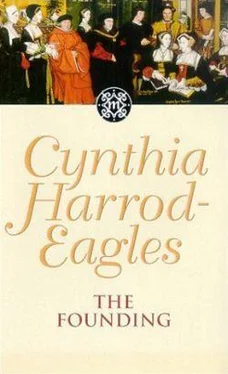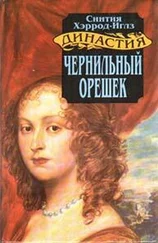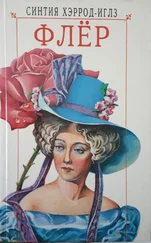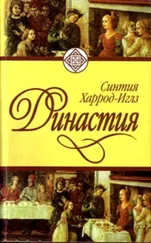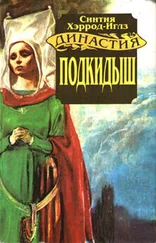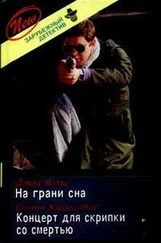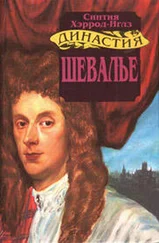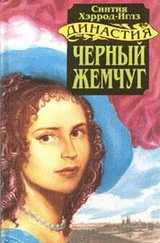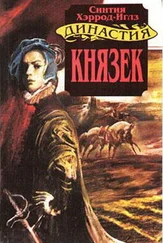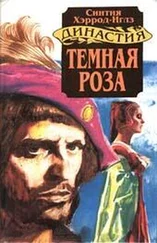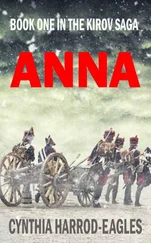‘Is it a large house?' Eleanor asked, interested in spite of herself.
‘I don't know if you'd think so. It's a farmhouse, and there've been bits added on over the years, so it seems big. It's old,' he apologized, 'and not so fancy as this.' He thought of the bare, dirty, drab old house, and wished that he could have seen it made fit for Eleanor before she entered it. 'We'll do it up before the wedding, I promise thee,' he added.
Eleanor nodded without enthusiasm. A farmhouse, she considered, was likely to be pretty uncomfortable, whatever was done to it. 'You are near to the city, then,' she asked next.
‘Why, yes — so near that we go on foot to the church within the gates. And we are right on the great road, so we get all the news — almost as soon as you get it here, I should think. And we see everything that passes— all the merchants and travelling players and jugglers and healers and the fine lords and ladies —' He stopped abruptly. He had been eager to reconcile Eleanor to going away, but had forgotten in his eagerness that she was used to the company of fine lords and ladies. He saw her lip curl in disdain, and cursed himself for his clumsiness.
Eleanor turned her attention back to the main conversation, which was about the war, as was inevitable, but her mind was not on what was being said. She was thinking of fine lords and ladies, and of one fine lord in particular. She was remembering that she was going to the Duke of York's own county, moving nearer to his home, though he spent little enough time in it. Nearer to him — yet away from him entirely, for he would never stoop to cross the threshold of a ramshackle farmhouse. She was moving out of his sphere for ever, and if she ever saw him again, it would not be as before, privileged to speak to him and be spoken to by him. If she saw him again, it would be as one of the crowd who lined the road to watch as he passed with his retinue, one of the crowd on whom the dust of his passing fell.
They started out in the grey cool dawn of the first of October. There had been a light frost and the round cobbles of the inner yard glittered with it, and the horses' breath rose like a faint smoke to the low eaves where the sparrows sat with all their feathers puffed against the chill. There was nothing of summer in that dawn, but a grim reminder that winter was approaching, and that it would find Eleanor in a far colder place.
Having heard mass and breakfasted the party set out, and quite a cavalcade it made as it trotted through the little village: children ran out into the road to watch, and even men and women appeared at the doors to see what was passing. Some of the villagers recognized Eleanor, and called a blessing to her as she rode by. She waved to them, and thanked them with tears in her eyes, knowing that it was against all likelihood that she would ever see this place again. She was feasting her eyes on the sight of her long home — the tall grey mass of the castle on its high mound, the grey-and-gold houses of the village, and rounded green hills with their beards of deciduous trees all around. Corfe Castle, which they called the summer castle; from its highest tower you could see the sea. She had been happy here: she said goodbye to it in her heart, and drew her hood forward to hide her tears as she left it behind her.
The journey was long and tiring. Eleanor, dressed in her warmest clothes and a thick cloak lined with rabbit-fur, rode a stout pony called Dodman — 'snail' — who lived up to his name, but had been chosen as a stayer who would not fall by the wayside. The groom who had been chosen to attend her was a boy of thirteen called Job, and Gaby rode pillion behind him, for Lord Edmund was not willing to spare a horse for her. Jacques, the cook, rode his horse at all times as close to Eleanor as he could get, for he regarded Morland's men as little better than savages, and not to be trusted. A pair of mules carried Eleanor's baggage and with the five Morland men and their pack horse completed the party.
They were four days on the road, stopping each night at an inn where the accommodation was crude and dirty but the food was good. As they went further north it grew colder and the land grew wilder and more desolate. Sometimes they went for hours without seeing a single roof or any other person but themselves. They passed great tracts of forest and moor and wild land where the unwary traveller could be robbed and murdered without any hope of aid, but they were not attacked, despite the presence in their party of two women and three baggage-beasts. The Morland men all carried their arms conspicuously, and looked as if they would give a hard time to anyone foolish enough to try them and it was enough to deter the outlaws in favour of more easy pickings.
On the fifth day, they set out from their overnight accommodation in teeming, freezing rain. The roads had been good so far after a long dry spell, but as they were now nearing York and on the great south road, which was always busy, they had not been riding above two hours when they found the going much changed for the worse. By nine o'clock they were struggling at a snail's pace through mud fetlock deep, and at Eleanor's tentative query as to whether they might expect improvement in the road later on, Morland told her tersely that she might expect what she liked, but she would see mud up to her girth before the journey's end.
It was a little of an exaggeration: the mud reached knee-deep consistency, and there was certainly mud on the girth, and on their garments in great gobbets and splashes. Poor Dodman with his short legs fared worse than the taller horses, and at times Eleanor wondered if she was going to have to get off and walk — or rather, wade — but his endurance saw him through. By midday they had reached the short section of paved road that covered the last few miles to York city itself, and the road was filled with travellers of all description, more than Eleanor had ever seen before in her life.
‘Is it always as busy as this?' she asked in wonder. Nay, mistress, we dunna call this busy,' Morland told her scornfully. As they went further north, his speech had become more careless, slipping more towards the northern tongue. ‘Tha s'lt see what's laike on fair-day or market day.'
‘Are we nearly there?' she asked a little further on. This time it was Robert who turned and answered her, with a shy smile, 'We are there,' he said. 'Look, can you see the great gate, there, up ahead? And the walls of the city?'
‘Why yes— yes I can. So that is the city of York?' Eleanor was pleased and excited. She had been once to the great city of Winchester, but apart from that she had never been in anything larger than a village, and she was all agog at the idea of living so close. As they rode closer and she stared ahead of her in excitement, she began to be aware of the smell of the city, drifting down to her, and the clamour of church bells in a wave of sound pouring over the beautiful white walls. Both made her gasp: as to the smell, she had never come across anything like it, having lived all her life in rich men's houses which were 'sweetened' regularly. This was the stench of an accumulation of human and animal filth collecting and rotting undisturbed in confined spaces. As to the sound, it was a clamour of different bells all over the city, beating their brazen tongues till the very air seemed to rock.
‘What are the bells ringing for?' she asked Robert, who was riding beside her still.
‘They ring all the time,' he said. 'Some tell the hour, some call folk to meetings, some are passing bells; many of them are obits. I should think most of the big churches have to ring all day to get through the obits alone.'
‘It's a lovely sound,' Eleanor said. 'I think when I die I should like to know a bell will be rung for me every year.'
Читать дальше
